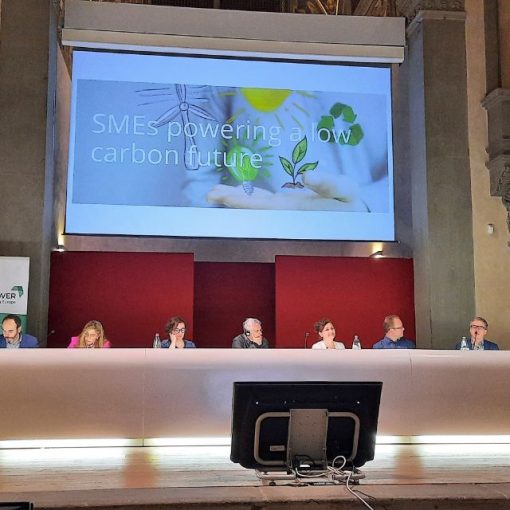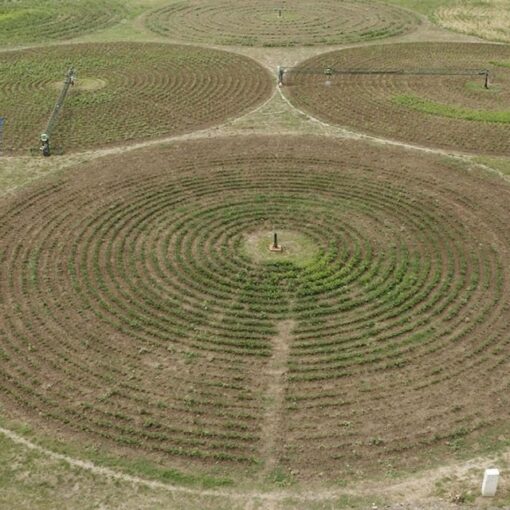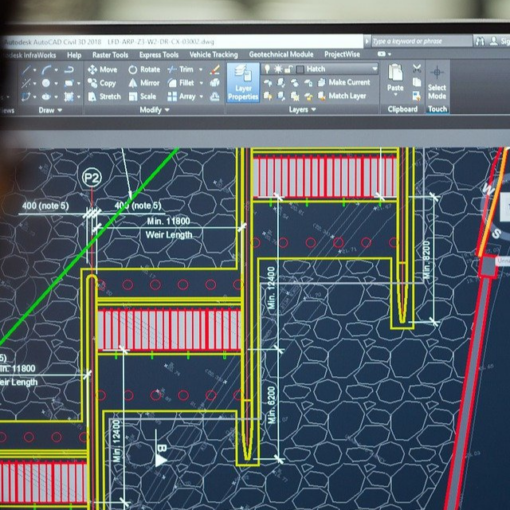The CECI project (Citizen Involvement in Circular Economy Implementation), presented thematic study findings at the eighteenth annual Lahti Science Week, the online seminar that took place from 16th to 20th of November 2020. The event replaced the annual Lahti Science Day. The purpose of the event was to explore a wide spectrum of research and development activities carried out mainly in the Päijät-Häme region. (LAB 2021.)
Findings and results from the CECI project, and the CECI thematic study on citizen involvement in circular economy, were presented under the title of “CECI Citizen involvement in circular economy implementation”. Results were shown in two forms, as a poster and in the conference presentation. Both presentations were part of the Sustainable Consumption track.
About Lahti Science Week
The program covered more than 70 presentations, with a comprehensive overview of current research and its regional significance. The results were presented from various projects concerning the following themes: research and development work, environmental research, entrepreneurship education, well-being, design and regional development. As a presenter and participant, it was easy to follow the streaming. The facilitators and presenters made the transition from the various speakers and range of topics, easy to follow without any technical problems or delays.
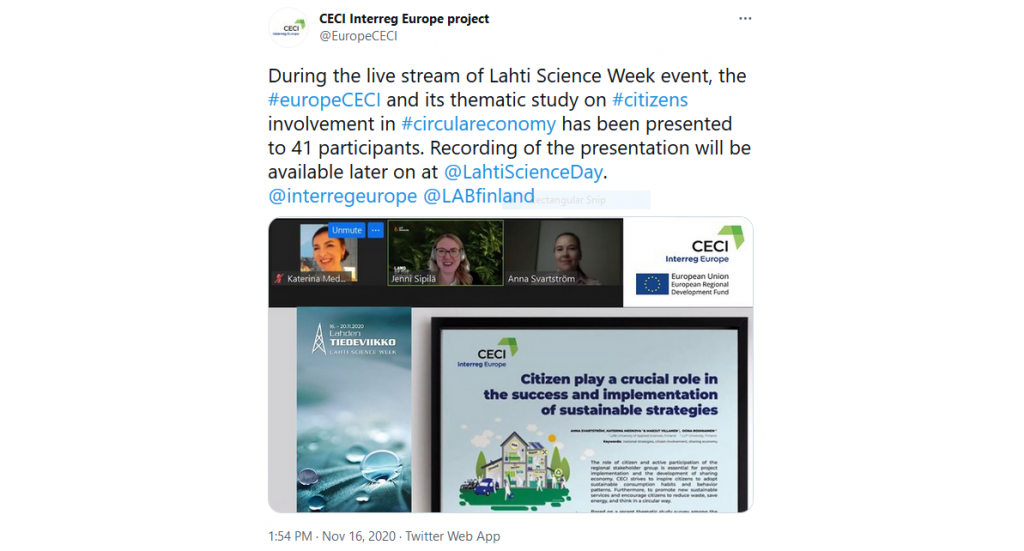
Lahti Science Week was organized by LAB University of Applied Sciences, Lahti University Campus and Haaga-Helia University of Applied Sciences Vierumäki Campus. The event was online and could be viewed directly on the Lahti Science Week website. No registration or login was needed. The presentations were also recorded and published on the event page for later viewing. The program and presentations of the Science Week were in Finnish & English.
Citizens role in circular good practices
Mentioning and analyzing citizen involvement is crucial when discussing national-level strategies. Citizens must implement successful circular practices and behavioral change as 72% of global greenhouse gas emissions can be related to citizens consumption habits (Salo & Nissinen 2017; Kälviäinen 2019).
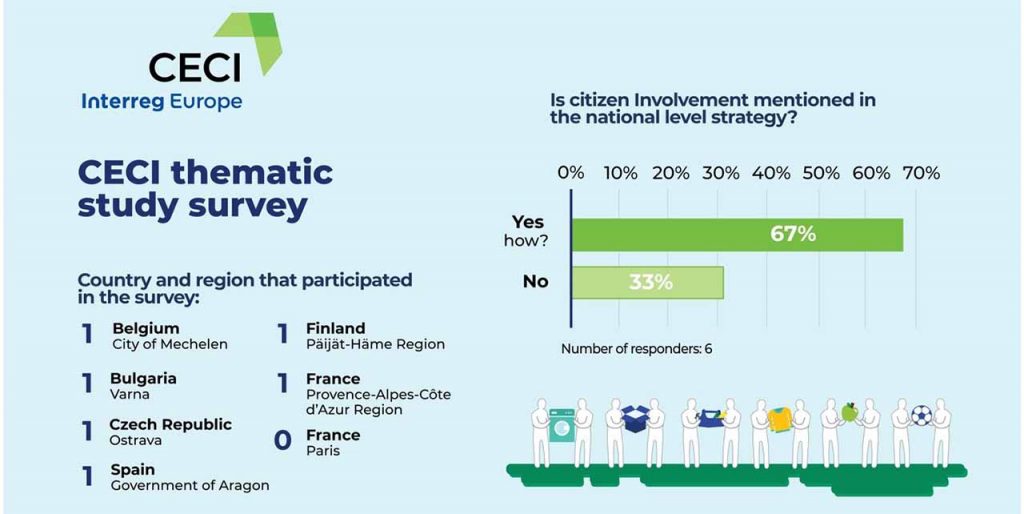
The study findings are part of an outcome of the thematic study of the Interreg Europe funded project CECI. The findings show that the role of citizens and active participation of the regional stakeholder group is essential for project implementation and in the development of sharing economy. CECI shares information, experiences, and good practices of citizen participation in a circular economy, between project partners and stakeholders from six regions across Europe. In CECI, all parties benefit from the regional cooperation towards a more sustainable lifestyle and a better living environment.
Author
Anna Svartström works as a RDI Specialist in LAB University of Applied Sciences and in the CECI project as a project developer. The CECI project is led by LAB University of Applied Sciences.
References
Kälviäinen, M. 2019. Design Tools for Sustainable Behaviour Change. [Cited 20 May 2021]. Available at: https://www.researchgate.net/publication/338596660_Design_Tools_for_Sustainable_Behaviour_Change
LAB. 2021. Lahti Science Week. [Cited 20 May 2021]. Available at: https://lab.fi/fi/lahden-tiedeviikko-2020/ohjelma
Salo, M. & Nissinen, A. 2017. Consumption choices to decrease personal carbon footprints of Finns. Reports of the Finnish Environment Institute 30/2017. Helsinki: Finnish Environment Institute. [Cited 20 May 2021]. Available at: http://hdl.handle.net/10138/225779
Links
Link 1. Interreg Europe. 2020a. Project Summary. CECI. [Cited 20 May 2021]. Available at: https://www.interregeurope.eu/ceci/
Link 2. Interreg Europe. 2020c. Thematic study. CECI. [Cited 20 May 2021]. Available at: https://www.interregeurope.eu/ceci/news/news-article/10285/ceci-thematic-study/

